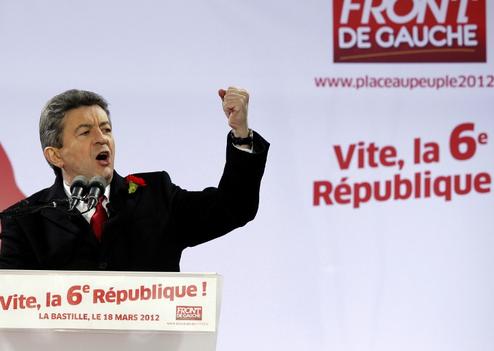The BBC today runs a very sharp profile of Macky Sall, who seems likely to defeat incumbent Abdoulaye Wade to become Senegal’s next president. ![]()
Sall once served as Wade’s prime minister and protégé before their political break in 2007. After finishing second in the first round of the Senegalese election to Wade last month, the opposition has embraced Sall in order to deny Wade a constitutionally dubious third term.
The profile echoes some of the themes I highlighted yesterday, however, that Sall’s election represents continuity in the West African nation, just the kind of continuity that won’t trigger a constitutional crisis:
“Nobody can dismiss Mr Sall from what this [Mr Wade’s] party has brought in negative terms to the social infrastructure of this country, in terms of destroying the democratic fabric and allowing corruption to develop exponentially,” Senegalese writer and journalist, Adama Gaye, told the BBC’s Focus on Africa programme.
“I would not be surprised if people within the liberal party of Abdoulaye Wade join Macky Sall if he wins – and ultimately he will end up running a country with his method,” he said.
“I don’t see him as being different from Abdoulaye Wade – really he is a Wade boy.”
After a decade of economic stagnancy, however, the opposition may find that its support of Sall somewhat unfulfilling if his administration turns out to be Wade-without-Wade.
